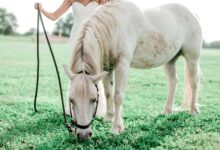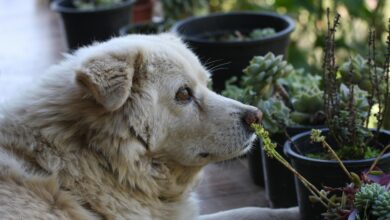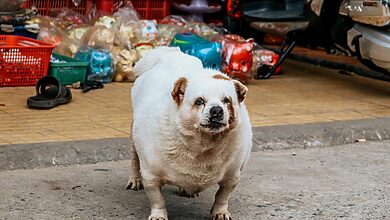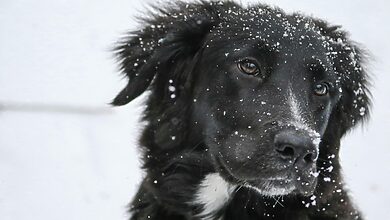Best Bird Nutrition: Providing Your Feathered Friend
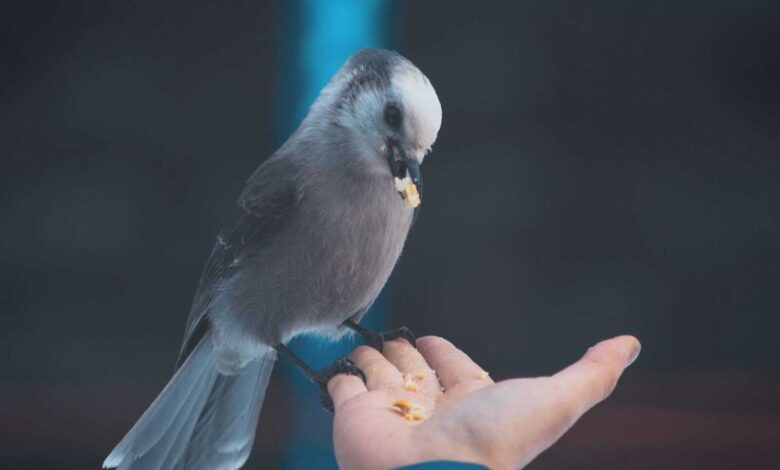
Ensuring proper nutrition is vital for the health and happiness of your avian companion. Birds have unique dietary needs that vary depending on their species, age, health, and even the climate they live in. This comprehensive guide will cover everything you need to know about bird nutrition, from choosing the right foods to feeding tips for different life stages and climates.
Understanding Bird Nutrition
Bird nutrition is a complex subject that encompasses various elements, including the types of food birds need and the quantities required to meet their dietary needs. Here are some key aspects of avian nutrition:
1. The Basic Components of a Bird’s Diet
- Seeds: Many bird species enjoy seeds as a primary food source. However, it’s crucial to select the right seed mix for your bird’s species, as nutritional requirements vary.
- Pellets: Commercially formulated bird pellets are designed to provide a balanced diet and are an excellent choice for many bird species.
- Vegetables and Fruits: Fresh vegetables and fruits should be part of your bird’s diet. They provide essential vitamins and minerals.
- Protein: Birds, especially parrots, may require additional sources of protein, such as nuts, legumes, and cooked eggs.
- Treats: Treats should be given sparingly and only as an occasional reward.
2. Fresh Water
Clean, fresh water is a fundamental part of any bird’s diet. Ensure that your bird has access to clean water at all times.
3. Avoiding Harmful Foods
Some foods are toxic to birds and should be avoided entirely. These include chocolate, alcohol, caffeine, and foods high in salt and sugar.
Feeding Your Bird: Tips and Best Practices
1. How to Feed a Bird
- Offer a Variety: Provide a variety of foods to ensure a well-rounded diet.
- Fresh is Best: Fresh vegetables and fruits should be part of their daily diet. Remove any uneaten portions promptly to maintain freshness.
- Supplements: Consult your veterinarian for any recommended dietary supplements, especially if your bird has specific health needs.
2. What to Feed a Bird
- Species-Specific Diet: Research the dietary needs of your bird’s specific species. Some birds, like parrots, have specialized diets.
- Commercial Pellets: High-quality commercial pellets can be a primary source of nutrition for many birds.
- Fresh Foods: Incorporate fresh vegetables, fruits, and nuts into their diet.
3. Feeding Different Life Stages
- Feeding a Baby Bird: Baby birds have unique dietary needs, which may include hand-feeding with specialized formulas. Seek guidance from an avian veterinarian.
- Feeding a Pregnant or Nursing Bird: Increase the nutritional intake to support egg production and chick development.
- Feeding a Senior Bird: Older birds may need adjustments to their diet to accommodate changes in their metabolism.
4. Feeding in Different Climates
- Hot Climates: Birds may require more water in hot weather. Ensure fresh water is readily available, and consider offering fruits with high water content.
- Cold Climates: In cold weather, birds may need more energy to stay warm. Increase their food intake, especially high-energy foods.
5. Feeding on a Budget
- Make Your Own Bird Food: Consider making your own bird food mix from fresh ingredients to save money and provide a customized diet.
- Buy in Bulk: Purchasing bird food in larger quantities can be cost-effective.
- Limit Treats: Reducing the number of treats and offering healthier alternatives can save money.
6. Transitioning to a New Diet
If you’re transitioning your bird to a new diet, do so gradually to avoid digestive upset. Introduce new foods slowly, mixing them with the familiar diet over time.
7. Proper Food Storage
Ensure bird food is stored in a cool, dry place to prevent mold and contamination. Check expiration dates on commercial bird food.
Conclusion
Proper nutrition is the foundation of your bird’s overall health and well-being. By understanding your bird’s specific dietary needs, providing a balanced diet, and following these feeding tips, you’ll ensure your feathered friend enjoys a long, healthy, and happy life. Remember to consult with an avian veterinarian for personalized dietary recommendations based on your bird’s individual needs.


